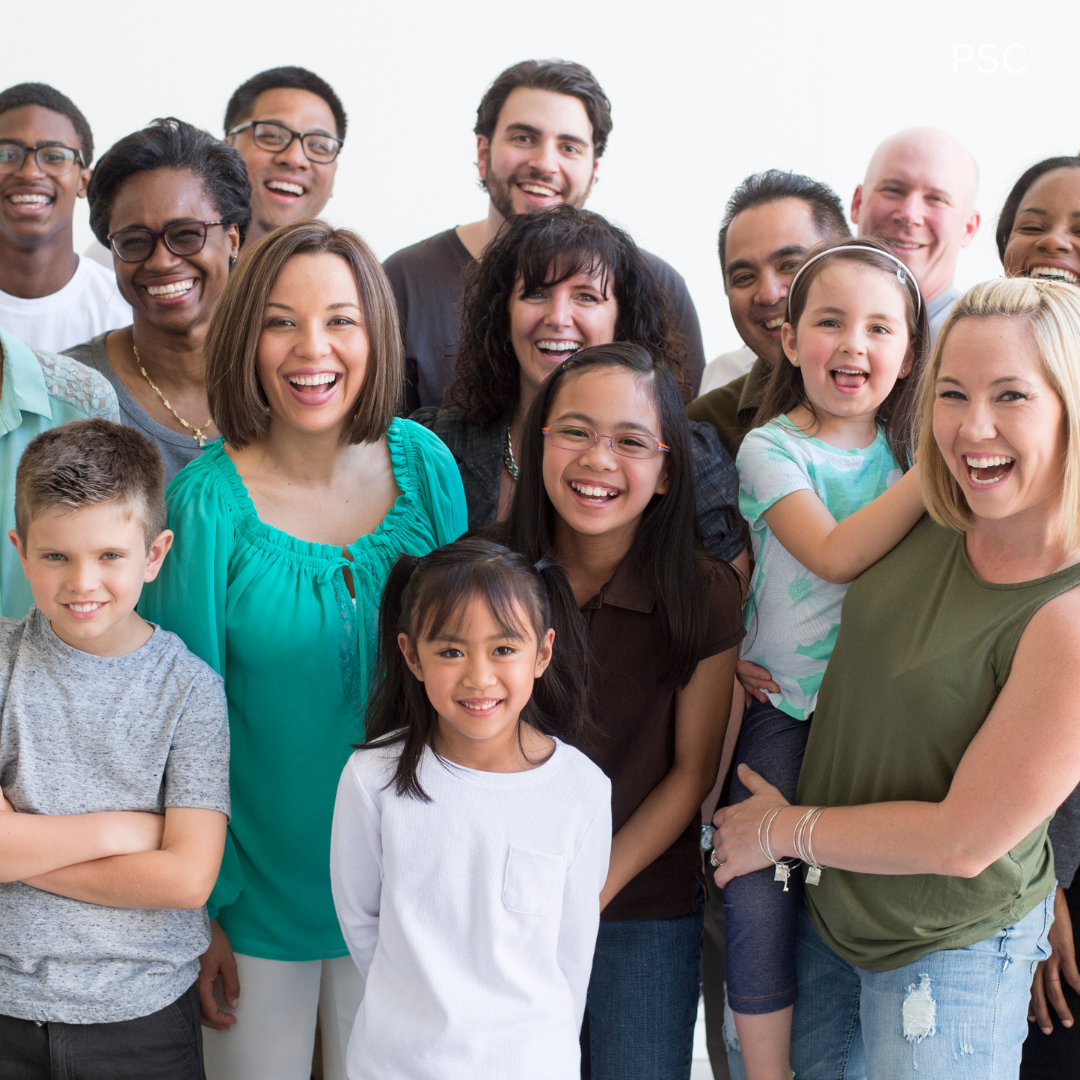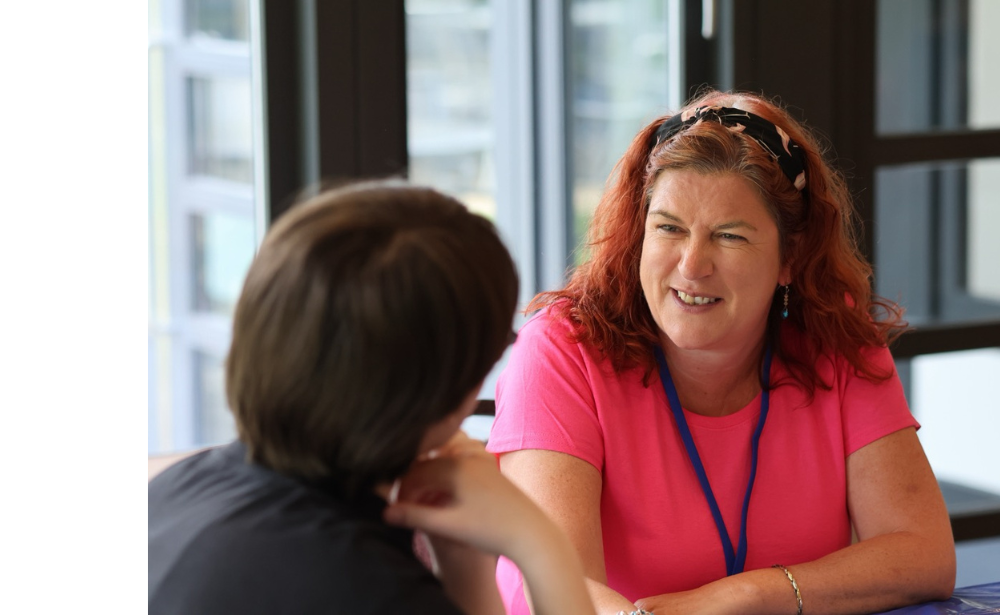At Parenting Special Children we recognise that the language we use matters to you and that is important to us.
Neurodivergence & SEND
As a charity we write about children and young people who are neurodivergent and or have special educational needs and disabilities (SEND).
We use these terms (and others) because they reflect the most commonly understood language around SEND and neurodivergence at the current time. We recognise that sometimes there will be differences between commonly used language and those adopted by the community themselves. This shows the importance of being aware of the language that is used and listening and respecting those communities.
We try to use straightforward language, avoiding jargon, and explaining complicated terms. We will use acronyms for example SEND but will spell out the first time you see it. For a list of acronyms please see our Jargon Buster.
Using positive language
In terms of language, we aim to be disability positive and neuro-affirmative; this means we try to avoid deficit language, for example, we do not use the phrase ASD (Autism Spectrum Disorder) as we do not see Autism as a disorder and although ADHD (Attention Deficit Hyperactive Disorder) is a common description we see ADHD as difference rather than deficit.
We now use terms like neurodivergent as you will have noticed throughout the website and say autistic person (identity-first language) rather than person with autism (person-first language). This is in response to a growing consensus within the autistic self-advocacy community.
Managing changing language
As a user led charity we are very aware of the neurodivergent and SEND community, we are always alert for changes in the terms preferred by children and young people and their parent carers, and we change our language to reflect that where we can.
Whilst we must make choices around language, we know that each person’s experiences are different and expect individual people with additional needs or neuro differences to identify in whatever way they prefer.
If you have any questions, please do contact us


